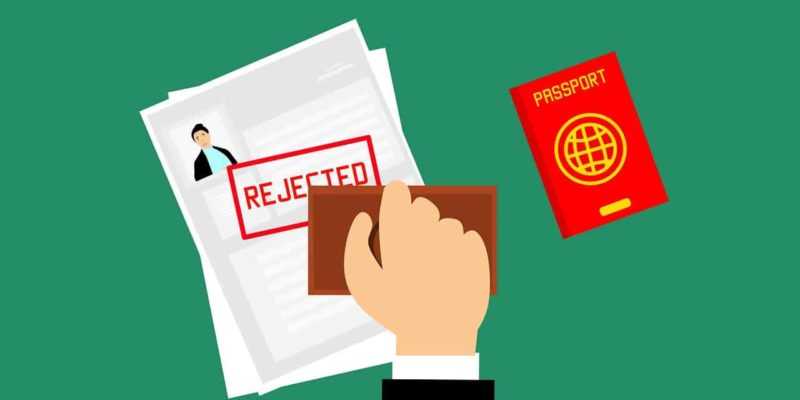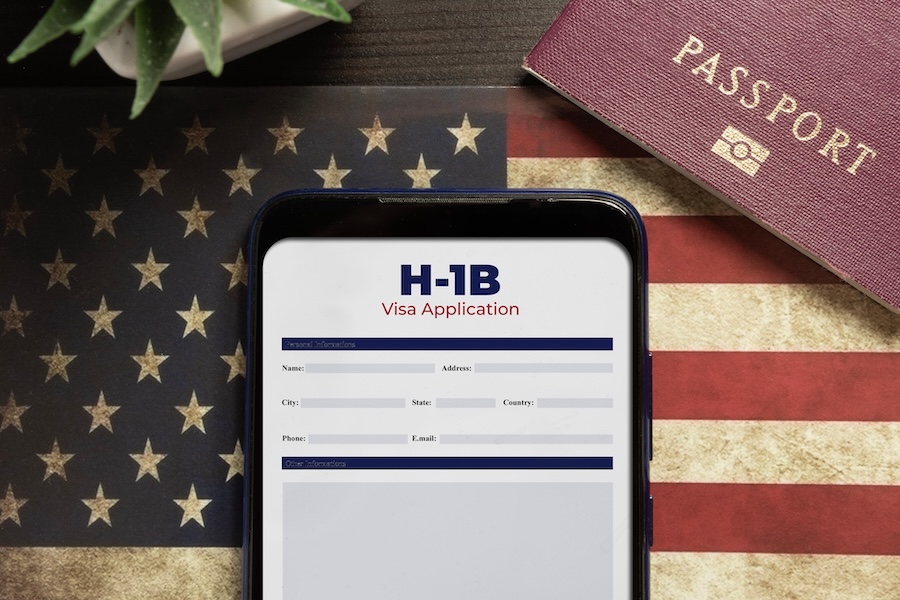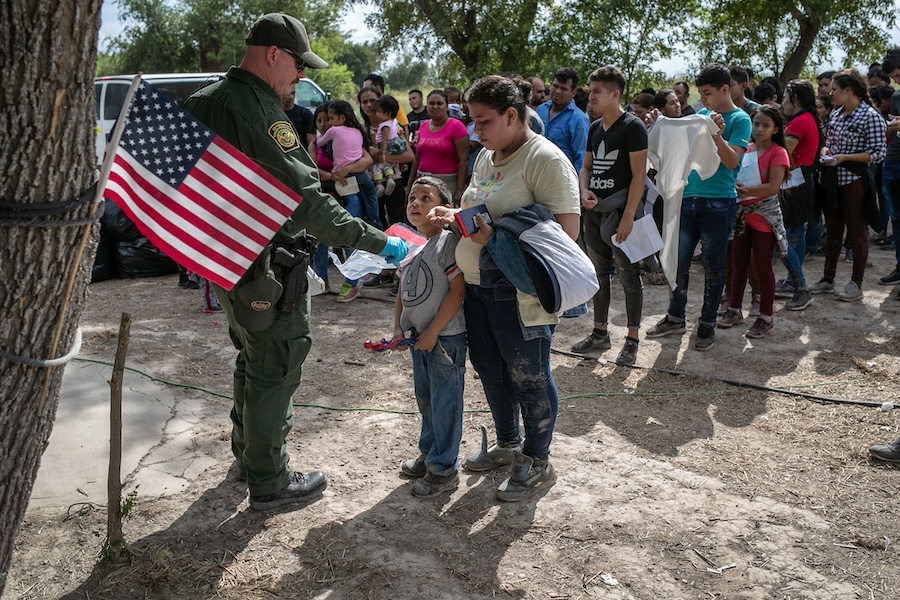In September 2025, Finland made headlines by ordering the deportation of Milan Jaff, a Finnish-Iraqi former rapper and convicted criminal, to his native Iraq. This decision, driven by the Finnish Immigration Service (Migri), reflects a broader tightening of immigration and asylum policies across Europe, raising questions about public security, cultural integration, and the challenges immigrants face in navigating complex legal systems. Jaff’s case, marked by serious criminal convictions and a revoked residence permit, underscores the delicate balance between enforcing immigration laws and addressing the human realities of migration. This article explores Finland’s immigration framework, the personal experiences of Iraqi immigrants, the hurdles of cultural adaptation, and practical guidance for those seeking to build a life in Finland, weaving together facts, stories, and actionable insights.
Finland’s Immigration Policy: A Shifting Landscape
Finland, a nation of 5.5 million, has long been a destination for migrants seeking safety and opportunity, but recent years have seen a marked shift toward stricter immigration controls. The Finnish Immigration Service (Migri) processed 32,000 asylum applications in 2024, with Iraqis forming a significant portion due to ongoing instability in their home country. However, the government’s 2023 coalition agreement, led by the National Coalition Party and the Finns Party, emphasizes reducing irregular migration and prioritizing deportations for those deemed a threat to public security. Milan Jaff’s deportation, announced on September 3, 2025, exemplifies this approach. Jaff, convicted of serious crimes including attempted murder, aggravated robbery, and rape, had his residence permit revoked and subsidiary protection status terminated, with Migri citing improved security in parts of Iraq as a justification.
(The decision aligns with broader European trends, as evidenced by Eurostat data showing a 18.4% increase in deportation orders across the EU in Q1 2025, with 123,905 third-country nationals ordered to leave. In Finland, Migri issued 136 deportation decisions based on criminal grounds between January and July 2025, with Iraq among the top nationalities affected, alongside Estonia and Russia. Men, particularly those aged 18–34, dominate these statistics, reflecting the gendered nature of criminal deportations.
(Finland’s immigration system is governed by the Aliens Act, which outlines criteria for asylum, residence permits, and deportations. Asylum seekers must demonstrate a well-founded fear of persecution, while residence permits like the continuous (A) or permanent (P) permits require proof of employment, family ties, or other qualifying factors. Deportation decisions, like Jaff’s, often hinge on criminal convictions or perceived threats to public order, with appeals processed through the Helsinki Administrative Court. Jaff’s appeal, pending as of September 2025, highlights the legal complexities immigrants face when challenging such decisions.
(Visa and Residence Permit Processes
Navigating Finland’s visa and residence permit system is a daunting task for many immigrants, particularly those from conflict-affected regions like Iraq. For short stays (up to 90 days within a 180-day period), Iraqi nationals require a Schengen visa, processed through Finnish embassies or consulates, such as the one in Ankara, Turkey, due to limited diplomatic presence in Iraq. Long-term stays demand a residence permit, with options including work-based permits, family reunification, or asylum-based protection. The application process is rigorous, requiring documentation like passports, proof of income, health insurance, and accommodation contracts.
(Key steps for applying for a residence permit include:
1. Identify the correct permit type: Work-based permits require a job offer from a Finnish employer, while family reunification demands proof of relationship, often verified through DNA testing for Iraqi applicants.
2. Submit applications online: Migri’s Enter Finland portal streamlines applications, but incomplete submissions can lead to delays or rejections.
3. Provide biometric data: Applicants must visit a Finnish mission abroad to submit fingerprints and photos, a challenge for those in unstable regions.
4. Meet integration requirements: Language proficiency in Finnish or Swedish and participation in integration programs are increasingly emphasized.
In 2024, Migri processed 9,565 asylum applications from Iraqis, with nearly half rejected, reflecting a stricter stance on granting protection. The “internal flight alternative” policy, which assumes applicants can relocate safely within Iraq, has drawn criticism from UNHCR for overlooking regional dangers. For example, Baghdad may be deemed stable, but clan-based violence persists in areas like Anbar.
(“The application process was exhausting,” says Noor, a 32-year-old Iraqi asylum seeker who applied for protection in 2022. “I spent months gathering documents, only to be told I could ‘safely’ return to Basra, a place I’ve never lived.”
Challenges of Immigration and Deportation Risks
Milan Jaff’s case illustrates the severe consequences of criminal convictions for immigrants. Born in Iraq in 2000, Jaff arrived in Finland at 16 after living in Bulgaria and Denmark. As a public figure with a large social media following, he gained notoriety as a rapper and leader of the “Kurdish Mafia” street gang, also known as the 47 gang. His convictions—attempted murder, aggravated robbery, and rape—led to a six-year prison sentence, reduced from 10 years by the Helsinki Court of Appeal in 2024. Upon completing his sentence in August 2025, Jaff was detained in Joutseno’s immigration removal center to prevent absconding while his deportation appeal is pending.
(Deportation risks are a constant concern for immigrants, particularly those with legal infractions. Finland’s detention facilities in Helsinki and Joutseno hold individuals awaiting removal, with strict protocols ensuring they cannot leave but can communicate externally. The Aliens Act allows detention if there’s a credible risk of flight, as in Jaff’s case, where police cited his gang affiliations and public profile as factors.
(Beyond criminal deportations, asylum seekers face challenges like prolonged processing times and limited legal aid. In 2016, Amnesty International criticized Finland for restricting free legal representation and shortening appeal periods, undermining asylum seekers’ rights. For Iraqis, the refusal of Iraq to accept deportees in some cases complicates enforcement, though Jaff’s Kurdish background and the improved security in parts of Iraq were cited as enabling his removal.
(Language barriers add another layer of difficulty. Finnish and Swedish, both official languages, are mandatory for integration, but their complexity poses challenges for Arabic-speaking Iraqis. Integration programs, mandated under the Act on the Promotion of Immigrant Integration, require participation in language courses and civic training. Failure to comply can jeopardize residency status. “I struggled with Finnish verbs for months,” says Ali, a 28-year-old Iraqi refugee. “Without language, finding a job or friends is nearly impossible.”
Personal Stories: Resilience Amid Adversity
Despite these hurdles, many Iraqi immigrants have built successful lives in Finland, contributing to its economy and cultural diversity. Consider Layla, a 35-year-old Iraqi nurse who arrived in Helsinki in 2019 as an asylum seeker. After securing refugee status, she enrolled in a Finnish language program and completed a nursing certification tailored for immigrants. “I wanted to give back to the country that gave me safety,” Layla says. Today, she works at a Helsinki hospital, specializing in pediatric care, and mentors new arrivals through Caritas Finland. Her story highlights the potential for integration when support systems align.
Conversely, stories like Mohammed’s reveal the system’s challenges. Arriving in Finland in 2015 as a 16-year-old with his brother, Mohammed faced heartbreak when his brother was deported to Baghdad in 2018 after multiple asylum rejections. “We fled Iraq together, but he was sent back alone,” Mohammed recounts. “He’s afraid to leave his house now.” His brother’s case, detailed by Migrant Tales, underscores the emotional toll of deportation and the perceived inhumanity of Finland’s asylum system.
(“Finland gave me a chance, but it’s not easy,” says Layla. “You have to fight for every step—language, work, acceptance. But it’s worth it when you find your place.”
Jaff’s story, while controversial, also reflects the complexities of immigrant identity. His rise as a rapper and social media influencer, with over 100,000 followers, made him a public figure, but his gang affiliations and crimes alienated him from mainstream society. His deportation has sparked mixed reactions: some Finns celebrate it as justice, while others, including Iraqi diaspora members, argue it ignores the systemic factors that lead young immigrants to crime.
(Cultural Integration: Balancing Heritage and Adaptation
Cultural integration is a cornerstone of Finland’s immigration policy, with the Act on the Promotion of Immigrant Integration requiring newcomers to learn Finnish or Swedish and adopt societal values. For Iraqi immigrants, this often means navigating a secular, individualistic society while preserving their cultural and religious identities, as most are Muslim. Finland’s cold climate, long winters, and reserved social norms can feel alienating, particularly in smaller towns like Forssa, where diversity is less common.
(Practical tips for cultural adaptation include:
1. Enroll in integration programs: Free language and civic courses are offered by organizations like the Finnish Red Cross and Adult Education Centres (Kansalaisopisto).
2. Join community groups: Iraqi diaspora networks, such as the Finnish-Iraqi Association, provide social support and cultural events.
3. Understand Finnish norms: Respect for personal space and punctuality is key, as is learning basic greetings like “Hei” (hello) or “Kiitos” (thank you).
4. Seek mental health support: Organizations like MIELI Mental Health Finland offer counseling for immigrants facing isolation or trauma.
In Helsinki, home to 15% of Finland’s foreign-born population, integration is somewhat easier due to multicultural hubs like Itäkeskus. However, microaggressions persist. “People ask why I wear a hijab or assume I don’t speak Finnish,” says Sara, a 24-year-old Iraqi student. “I smile and answer in perfect Finnish—it changes their perspective.” Sara’s approach reflects a common strategy: using language and confidence to bridge cultural gaps.
Legal Guidance for Immigrants
Navigating Finland’s legal system is critical for immigrants, particularly those facing deportation risks like Jaff. Key legal considerations include:
1. Understand your rights: Asylum seekers are entitled to free legal aid for initial applications, though appeal processes may require private funding.
(2. Monitor application status: Use Migri’s online portal to track progress and respond promptly to requests for additional documents.
3. Appeal strategically: Deportation decisions can be challenged in the Helsinki Administrative Court, but appeals typically take six months. Legal aid organizations like Refugee Advice Centre can assist.
(4. Stay compliant: Adhere to integration requirements and avoid legal infractions, as even minor offenses can jeopardize residency.
Jaff’s case highlights the importance of legal representation. His lawyer, Ville Hoikkala, noted that detention reviews occur every two weeks, but Jaff may remain in custody for up to a year pending his appeal. If the court upholds Migri’s decision, deportation could be immediate, despite potential risks in Iraq.
(Success Stories: Building a New Life
While Jaff’s case dominates headlines, many Iraqi immigrants thrive in Finland. Take Ahmed, a 40-year-old engineer from Baghdad who arrived in 2017. After securing a work-based residence permit, he joined a tech startup in Espoo, leveraging Finland’s demand for skilled workers. “The language was the hardest part,” Ahmed admits. “But once I mastered Finnish, doors opened.” His success underscores the value of persistence and education, with Finland’s TE Offices offering job training for immigrants.
Community initiatives also play a role. The Startup Refugees program, launched in 2016, has supported over 2,000 immigrants in launching businesses, from Iraqi restaurants to tech ventures. “Starting my café felt like reclaiming my identity,” says Zainab, a 38-year-old Iraqi entrepreneur in Turku. Her café, serving traditional Iraqi dishes like kubba and biryani, has become a local favorite, fostering cultural exchange.
Policy Implications and the Road Ahead
Finland’s deportation of Milan Jaff reflects a broader European push to tighten migration controls, with the EU’s Pact on Migration and Asylum (2024) emphasizing rapid asylum processing and repatriation agreements. Critics, including UNHCR, argue that policies like the “internal flight alternative” overlook individual risks, as seen in the tragic case of Ali, an Iraqi asylum seeker killed in Baghdad weeks after his 2017 deportation from Finland. The European Court of Human Rights later ruled that Finland violated Ali’s rights under Articles 2 and 3 of the ECHR, highlighting the dangers of premature removals.
(For Iraqi immigrants, the stakes are high. Finland’s asylum recognition rate for Iraqis dropped to 48% in 2024, reflecting skepticism about claims of persecution. Meanwhile, integration programs are underfunded, with only 60% of eligible immigrants accessing language courses in 2024 due to capacity constraints. The government’s focus on deportations, with 89 of 136 criminal deportation orders enforced in 2025, signals a hardline stance that could deter future migration.
(Yet, stories of resilience persist. Immigrants like Layla, Ahmed, and Zainab demonstrate that with determination, support, and access to resources, integration is possible. For others, like Mohammed and Jaff, the system feels punitive, highlighting the need for balanced policies that prioritize both security and humanity. As Finland navigates this complex landscape, immigrants continue to shape its future, one story at a time.
For those seeking to make Finland home, preparation is key. Learn the language, engage with communities, and seek legal guidance early. As Ahmed advises, “Finland is a land of opportunity, but you have to earn it. Keep pushing, and you’ll find your place.”



















0 Comments